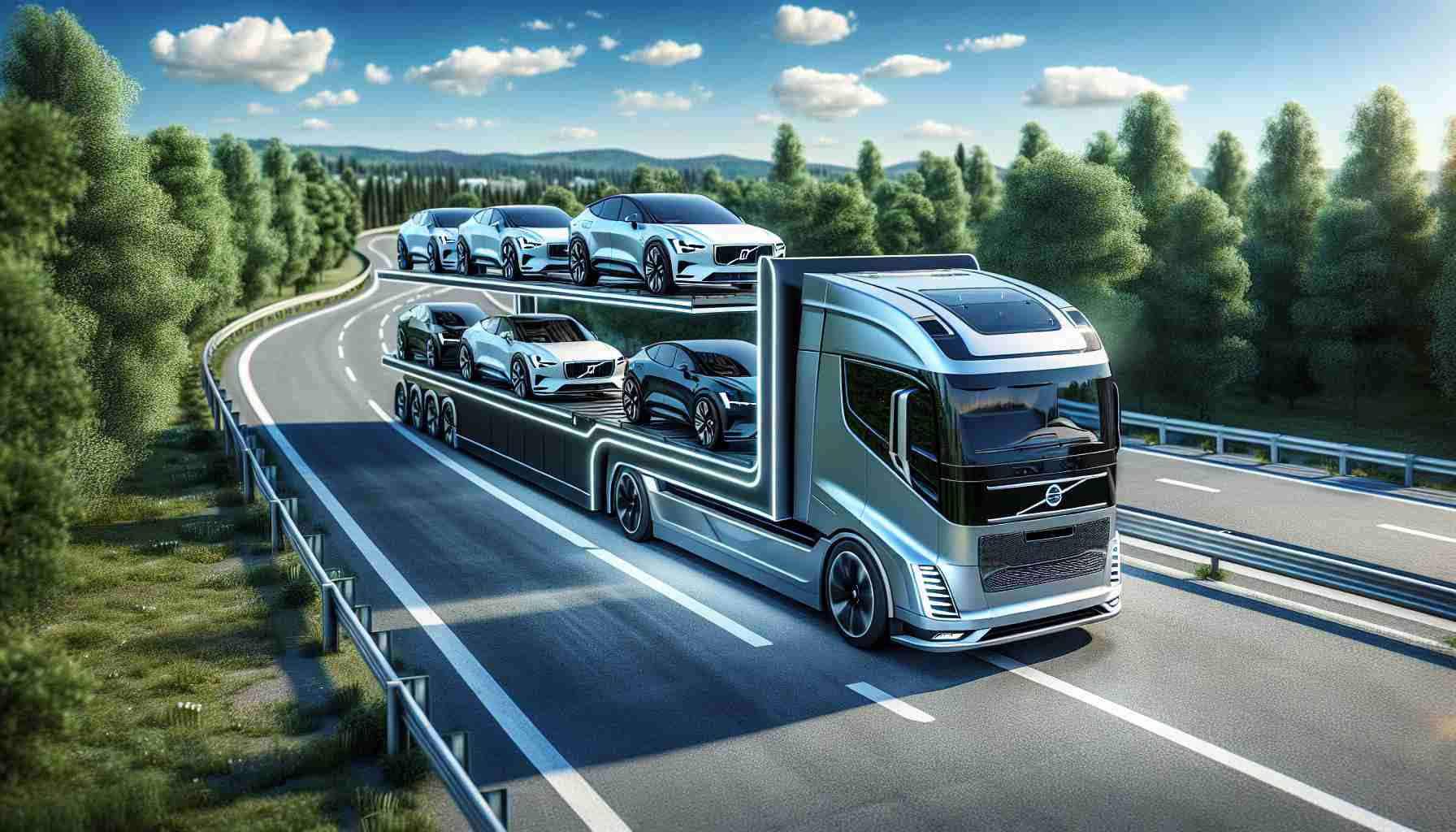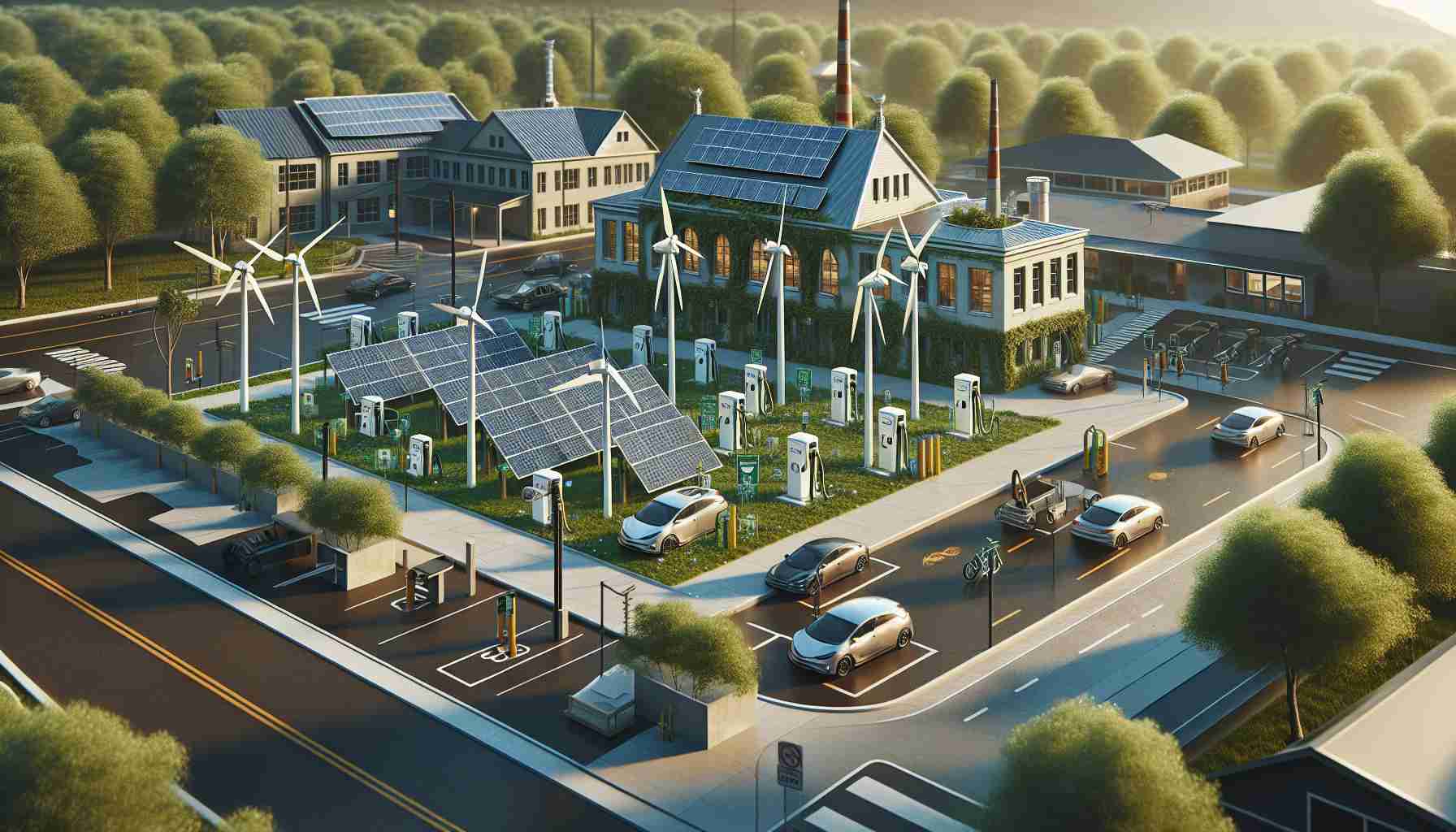In today’s rapidly evolving technological landscape, major tech companies are actively pursuing renewable energy contracts in an effort to meet their environmental goals. Leading the way is Amazon, which stands out as the world’s largest consumer of renewable energy.
The concerns raised by experts about this shift towards renewables influencing other energy consumers to rely more heavily on fossil fuels showcase the complex dynamics at play in the energy sector. While governments worldwide are aiming to triple global renewable energy resources by the end of the decade to align with environmental objectives, achieving these ambitious targets is becoming increasingly challenging.
The International Energy Agency (IEA) warns that despite a significant increase in global energy capacity in 2023, the world may not be able to double its renewable sources until 2030 based on current government plans.
Addressing the energy demands of artificial intelligence (AI) technologies may hinge on increased investments in renewable energy projects by tech companies. While land-based renewable energy projects like wind and solar farms can be developed relatively quickly, challenges such as slow approval processes in developed countries and grid connection difficulties on a global scale may prolong implementation.
Offshore wind projects and large-scale solar installations face similar obstacles, requiring two to five years for completion, raising concerns about the ability of renewable energy to keep pace with AI advancements.
With major tech firms already consuming a substantial portion of nuclear energy output in the US for their data centers, the potential strain on electricity supply from AI development could lead to price hikes and necessitate industry-wide efficiency measures.
The Impacts of Renewable Energy Adoption in the Tech Sector
The growing demand for renewable energy in the technology sector presents a crucial shift towards sustainability and environmental responsibility. As major tech companies increasingly embrace renewable energy contracts to power their operations, questions arise about the broader implications of this trend.
Key Questions:
1. How is the shift towards renewables in the tech sector influencing traditional energy consumption patterns?
2. What are the challenges associated with rapidly scaling up global renewable energy capacity to meet environmental targets?
3. How can tech companies address the energy demands of emerging technologies such as artificial intelligence while maintaining sustainability goals?
4. What potential impacts could a surge in renewable energy adoption have on electricity prices and industry efficiency measures?
Key Challenges and Controversies:
– One major challenge is the timeline for doubling renewable energy sources globally, as warned by the International Energy Agency (IEA). Current government plans may fall short of achieving this goal by 2030.
– The slow approval processes for land-based renewable energy projects in developed countries and grid connection issues on a global scale pose significant obstacles to rapid implementation.
– Offshore wind projects and large-scale solar installations face similar delays, raising concerns about the ability of renewable energy to keep pace with the energy demands of cutting-edge technologies like AI.
Advantages and Disadvantages:
Advantages:
1. Environmental Benefits: Increased reliance on renewable energy reduces carbon emissions and supports a more sustainable energy future.
2. Innovation Opportunities: Investing in renewable energy projects can drive technological advancements and create new economic opportunities.
3. Corporate Social Responsibility: Tech companies showcasing commitment to sustainability can enhance their brand reputation and attract environmentally conscious consumers.
Disadvantages:
1. Implementation Challenges: Slow approval processes, grid connection issues, and completion timelines can hinder the rapid deployment of renewable energy projects.
2. Potential Strain on Electricity Supply: The surge in demand for renewable energy from the tech sector, coupled with the development of energy-intensive technologies like AI, could strain electricity supply and lead to price hikes.
3. Industry Adaptation: Traditional energy providers may face disruptions as tech companies shift towards renewable energy sources, potentially leading to industry-wide efficiency measures and restructuring.
For more information on renewable energy trends in the technology sector, visit International Energy Agency.






















